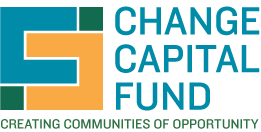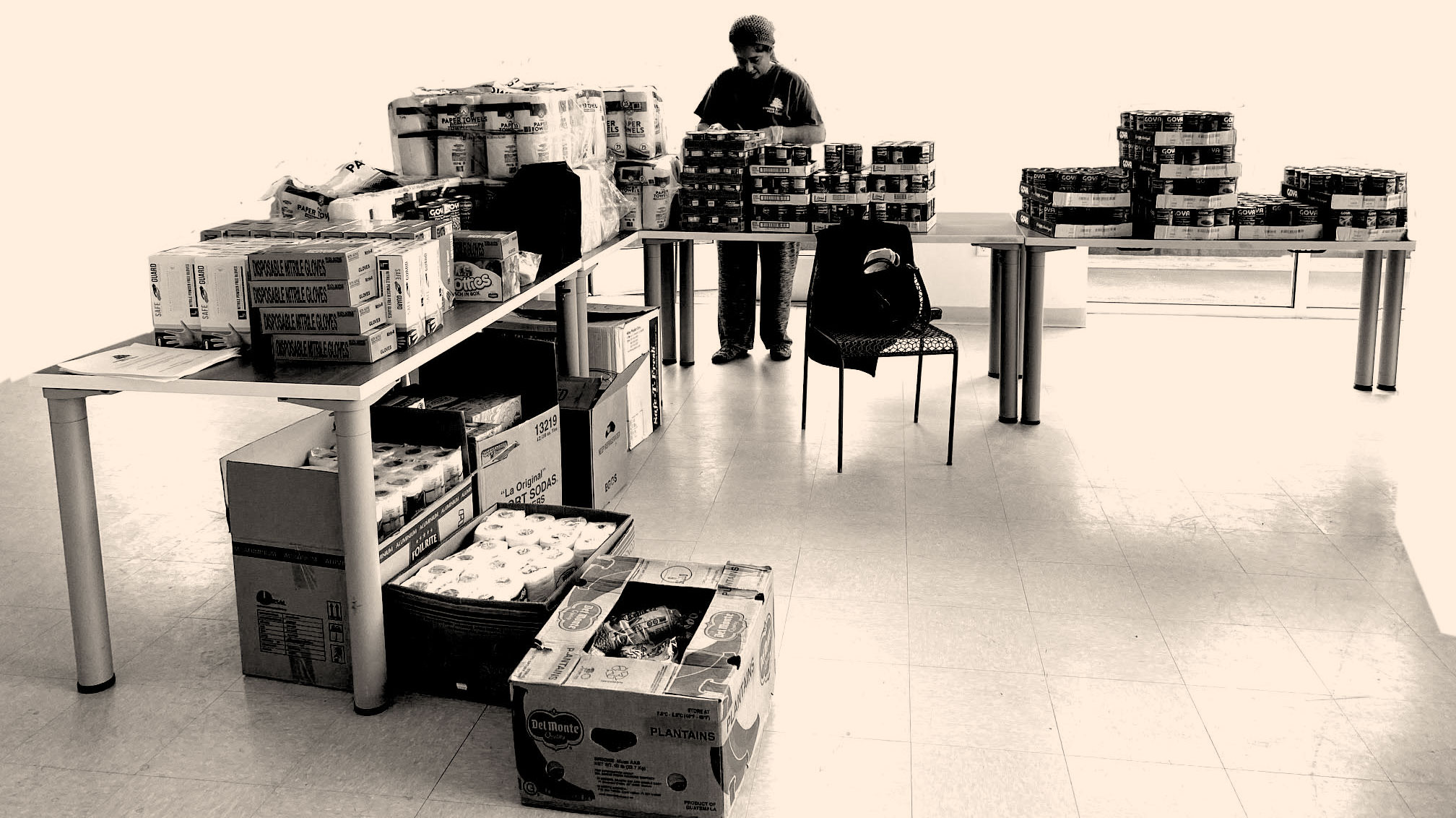Covid magnified deep and long-neglected inequities along New York ’s economic and racial lines: a digital divide that has exacerbated educational inequities, a wealth gap that left families stranded in the crisis, gaping holes in housing, healthcare, and job security that have taken severe tolls. Black and Latinex people died from Covid at far higher rates than whites. In Heat Wave: A Social Autopsy of Disaster in Chicago, Eric Klinenberg wrote, “The heat wave was an environmentally stimulated but socially organized catastrophe.” We might say much the same of the COVID pandemic. And, as in the Chicago heat wave, social networks saved lives.
New Yorkers relied on the staff of nonprofits during the pandemic as we regularly rely upon them to address the consequences of our racial and economic fault lines. The organizations CCF supports represent but a tiny fraction of the hundreds of community organizations—human services and job training organizations, settlement houses, advocacy groups and others that are contracted by the City for millions of dollars each year. But few, if any, are adequately resourced to solve the problems they exist to confront.
These nonprofits are chronically living on the edge and the pandemic has pushed them closer to the breaking point. An analysis conducted by the nonpartisan organization Candid last summer concluded that as many as 1800 nonprofits in New York State are at risk of going out of business due to COVID-19. The Human Services Council of New York surveyed 125 member agencies and found that 66% believed they would have to reduce services while 70% expected to implement layoffs. Philanthropic dollars are needed to support research and development, innovation, organizing and the agility demonstrated by nonprofits during the pandemic. They need increased city and state government support to support them.
At the time of this report, all but one of CCF’s grantees predict decreases in their 2021 budgets. In 2020, CCF’s eight grantees estimate that they, cumulatively, received about $8.1 million to cover over $11.5 million value of emergency services. In 2020, funding gaps were largely mitigated by one-time federal CARES Act Paycheck Protection Plan (PPP) loans received by all but one of our grantees as well as one-time philanthropic grants. Two of eight CCF’s grantees had to reduce their permanent staff and groups running Summer Youth Employment Program and Summer Camps had to dramatically reduce those programs causing losses of hundreds of part-time counselor/supervisor positions and leaving thousands of teenagers and children (and parents) without summer activities. Below are other examples of the strains faced by CCF’s grantees:
GOVERNMENT CUTBACKS AND DELAYS
While they doubled down to offer programs online wherever possible, several of CCF’s grantees lost government funding, even for some programs for which the groups had already made outlays. For example, Make the Road New York lost discretionary funding across program areas, including youth, health and low wage worker support, and they anticipate further reductions in 2021. The organization completed and paid for nearly $1 million of work since July 2020 with no reimbursement from the State to date and no certainty that the funds will eventually come through. Cypress Hills Local Development Corporation reported that, “NYS Department of Education eliminated all funding that supported our college access programs, leaving this cohort of high school students with limited guidance and resources. It is uncertain if this funding will be restored next year.”
LOST RENTAL INCOME AND INCREASED MAINTENANCE COSTS
Affordable housing managers lost commercial and residential rental income even while maintenance costs increased to cover hazard pay to superintendents and increased cleaning protocols. New Settlement Apartments’ 20 buildings typically generate about $800,000 per year, funding that they count on to support many of their social services. But in 2020 they received only about half of that. Rent from Fifth Avenue Committee’s commercial tenants, nearly all owned by women and / or people of color, decreased by 50%. Combined with a 15% drop in residential rent collection, FAC lost more than $500,000 in rental revenue. Similarly, Restoration saw losses of over $600,000 in rental income.
DELAYED CAPITAL FUNDING
Given the City’s budget shortfall projections, many capital projects were put on hold, delaying renovations of affordable housing, and delaying developer fees, a critical source of unrestricted funding for nonprofit housing developers. Only four of the 22 buildings Banana Kelly expected to transition to rehab closed on their construction loans in 2020, though they continued to address dire conditions in all of these buildings. St. Nicks Alliance is awaiting closings for their School Settlement Community Center and several new housing developments. FAC’s five projects in construction all experienced COVID delays with potential financial impacts to the projects and the organization of over $1.5 million
PERSONAL TOLL
Many of the good people behind these organizations are exhausted. Even as they worried for their own families, they increased their workloads. They have been listening as people told them of their hunger, job loss, loneliness, illness, deportation and death of their loved ones. They translated individual needs into policy demands and they organized in support of their fellow essential workers and community members. We recognize the generosity of those working on the front lines and appreciate the emotional and personal impacts of this past year.

